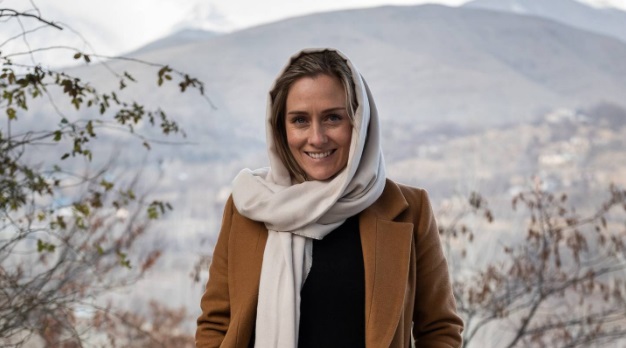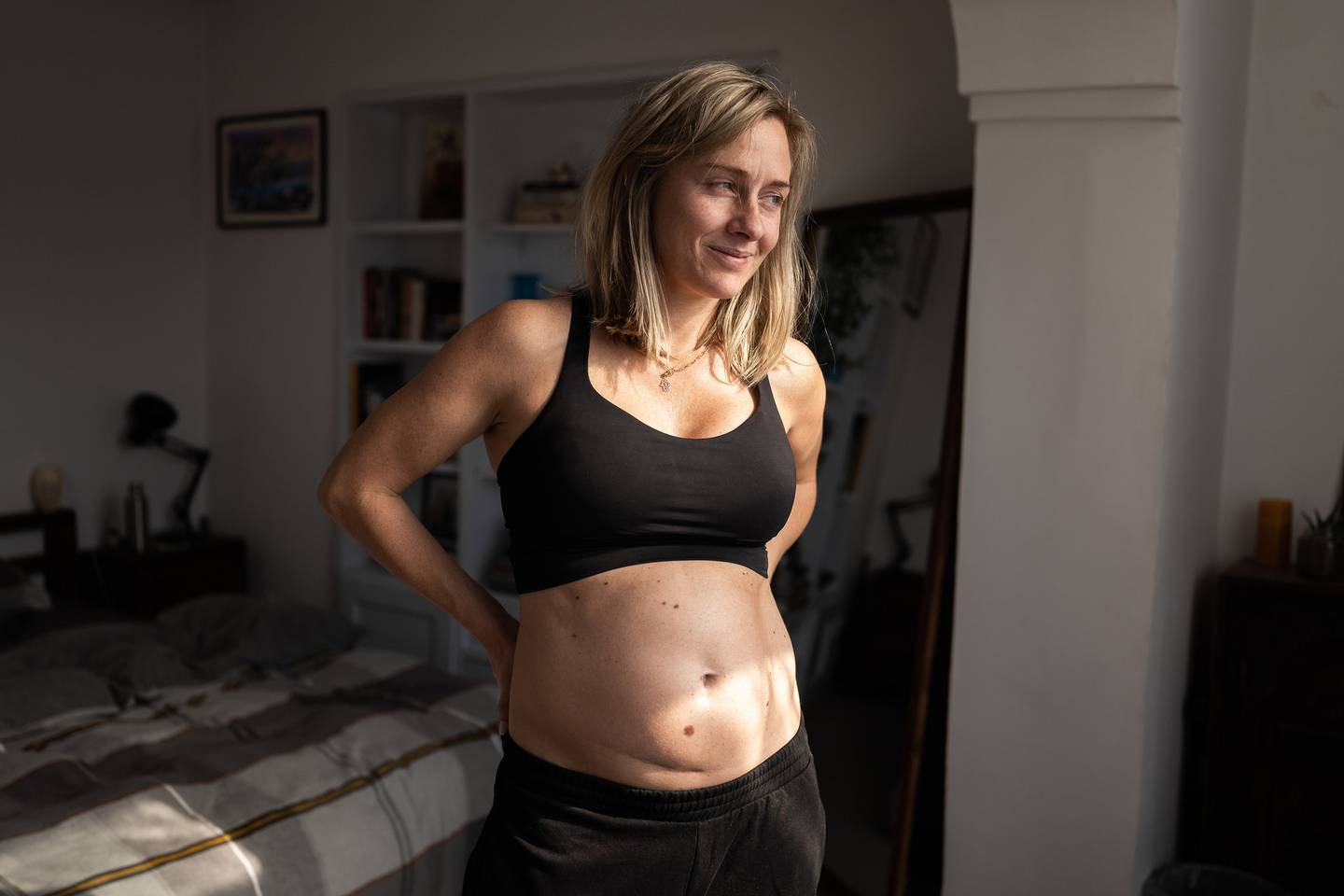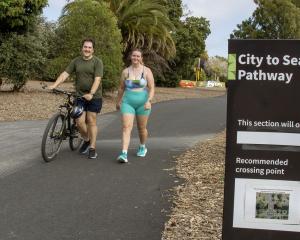
"Normally I joke about the New Zealand Government being less humane than the Taliban, but sadly in this case it's true.
"It's tragic, but as a local MP it's also completely unsurprising", said Seymour, who has previously been contacted by people desperate for MIQ spaces, in both beginning and end-of-life situations.
"There's no rhyme nor reason. Often people mysteriously get a spot if enough drama is made, and I've noticed the profile of a person can have an effect, too."
National's Covid-19 Response spokesman Chris Bishop, himself an expectant father - wife Jenna Raeburn is pregnant with their first child - said he had "huge sympathy" for Bellis and "all New Zealanders caught in these awful situations".
"We need a clear plan from the Government to end the lottery of human misery that is the MIQ system.
"I think most New Zealanders reading the story would say it's a no-brainer for her to be offered a [MIQ spot] ... that's precisely why the emergency [MIQ] allocation exists."
Bellis, expecting her first child - a daughter - in May, wrote an open letter in today's Weekend Herald about trying to get an emergency spot in managed isolation and quarantine.
The Christchurch native's application was initially rejected - officials said her arrival dates fell outside the 14-day arrival window for emergency spots - before being reopened days later, after Bellis had contacted a National MP and spoken to a friend who worked in public relations, which Bellis said raised ethical questions about the process.

"This is not uncommon and is an example of the team being helpful to New Zealanders who are in distressing situations."
While pregnancy was not considered an emergency under the MIQ criteria, people could apply where they required "time-critical medical treatment" and if they needed to return to provide "critical care" to a dependant, Bunny said.
MIQ was under pressure "like never before", with high volumes of emergency allocation requests. Between October 30 and last Sunday MIQ staff had processed 8863 completed applications and approved 5396 applications for emergency allocations.
Seymour said he admired Bellis for recognising her profile meant she could highlight a situation shared by many others.
"She may, as she says, have poked the bull by going public. But she's done absolutely the right thing."
He didn't accept Bunny's explanation.
"He tries to say the problem was they applied outside the [emergency allocation] window, the fact is she did everything right. She put in an emergency application, was rejected. It was only when there was a political dimension that her application was accepted [for review].
"I wouldn't be at all surprised if [eventual success] is a fait accompli."
Covid-19 Response Minister Chris Hipkins said he asked for Bellis and her Belgian partner Jim Huylebroek's situation to be reviewed on Wednesday after a "senior National MP '' contacted him about it.
It "appeared at first sight to warrant further explanation", and his office passed the information on to officials to check whether the correct process was followed, he said.

"Now, I am asking the same question of my own government", she wrote in her open letter.
The journalist discovered she was pregnant in September, while in Qatar, where it's illegal to be pregnant and unmarried.
Huylebroek, a New York Times photographer, was in Kabul. The pair went to Belgium, where Bellis repeatedly attempted to get an MIQ spot through the lottery.
They were relieved when the Government said MIQ would end for Kiwis in February, and foreigners in April, but - unable to stay in Belgium until then and with nowhere else to legally turn to, Bellis asked the Taliban if she could return safely to Afghanistan.
They agreed.
"When the Taliban offers you - a pregnant, unmarried woman - safe haven, you know your situation is messed up."
Her emergency MIQ application included letters from New Zealand obstetricians and medical experts to confirm the dangers of giving birth in Afghanistan, where the United Nations estimates an extra 58,000 women will die during childbirth by 2025 because of the state of maternity care, and the impact of high stress during pregnancy.
The application was rejected for a variety of reasons, including because of the claim she wasn't returning for a "scheduled medical treatment".
"How did they want me to prove that giving birth was a scheduled, time-critical medical treatment?", Bellis wrote.
Bellis and Huylebroek's applications are still under review, with legal action on hold till they'd been properly considered again, the couple's lawyer Tudor Clee said.
- Cherie Howie











